Digital marketing is integral to the modern hospitality industry, blending technology with customer engagement. A robust online presence facilitates easy accessibility for potential guests. Social media platforms are vital for brand promotion and targeted advertising, allowing hospitality destinations to showcase unique offerings and engage with their audience.
Personalization is a key focus in hospitality digital marketing, with data analysis enabling destinations to tailor marketing efforts to individual preferences, fostering loyalty through personalized promotions. Email marketing plays a role in direct communication, offering exclusive updates and incentives. Online reputation management is crucial; positive reviews on platforms like Yelp and TripAdvisor enhance a destination’s standing.
In essence, hospitality digital marketing revolves around adapting to technological advancements, incorporating SEO, social media, personalization, and reputation management to create a compelling online presence and foster enduring guest relationships.
DIGITAL MARKETING FOr the hospitality industry
Hospitality marketing involves the strategic promotion and advertising of services and products within the hospitality industry, which includes businesses such as hotels, restaurants, travel agencies, and event venues. The primary goal is to attract and retain customers by creating compelling marketing campaigns that highlight the unique features, amenities, and experiences offered by hospitality businesses.
This may involve a combination of traditional advertising, digital marketing, social media engagement, public relations, and customer relationship management. Successful hospitality marketing not only focuses on attracting new customers but also emphasizes building strong relationships to encourage repeat business and positive word-of-mouth recommendations.
Hospitality Content Marketing
Hospitality content marketing revolves around creating and distributing valuable, relevant, and engaging content to attract and retain customers within the hospitality industry. This approach involves crafting compelling narratives, visually appealing materials, and informative resources to showcase a business’s offerings. Whether through blogs, social media, or video channels, hospitality content marketing aims to establish a connection with the audience, build brand loyalty, and ultimately drive customer engagement and bookings.
Hospitality SEO
Hospitality SEO focuses on optimizing online content to enhance search engine visibility for businesses in the hospitality sector. It involves strategic keyword integration, website structure improvements, and local SEO tactics. By aligning with user search intent, hospitality SEO aims to boost organic search rankings, increase website traffic, and drive bookings or reservations.
Social Media for Hospitality Destinations
Hospitality social media marketing leverages platforms like Facebook, Instagram, and Twitter to engage with a target audience. Through visually appealing content, promotions, and customer interaction, it builds brand awareness, fosters a sense of community, and drives bookings. Effective social media strategies in hospitality enhance customer loyalty and showcase the unique aspects of the business.
Hospitality PPC Management
Hospitality PPC (Pay-Per-Click) management involves creating and optimizing online advertising campaigns to drive targeted traffic for hotels, restaurants, and other hospitality businesses. By bidding on relevant keywords, crafting compelling ad copy, and monitoring performance, PPC management aims to increase visibility, boost bookings, and maximize return on investment in digital advertising.
Why Crimson Park Digital is Your Go-to Hospitality Digital Marketing Agency
At Crimson Park Digital, we specialize in elevating hospitality marketing to new heights, ensuring your destination stands out in the digital landscape. Our tailored strategies focus on increasing visibility, engagement, and visitors to your location. Choose us for:
- Strategic targeting
- Compelling digital storytelling
- Data-driven decisions
- Multi-channel expertise
Let Crimson Park Digital be your partner in encouraging more visits through unparalleled hospitality digital marketing expertise.
the thick of it
Brand visibility
Social media engagement
Targeted advertising
Global reach
Online reviews management
Local SEO
Content marketing
Driving bookings
Competitive advantage
Customer loyalty
Visitor engagement (UGC)
Real-time analytics
The agency’s innovative approach to advertising campaigns and its mastery of social and media platforms have not only enhanced our visibility but have significantly strengthened our brand’s presence in a competitive market.
James Lawrence
Partner, HIT FIT California
featured
case study
Increasing Organic Search Traffic with Strategic Content Creation
Search Engine Optimization | Content Marketing | Editorial Direction



